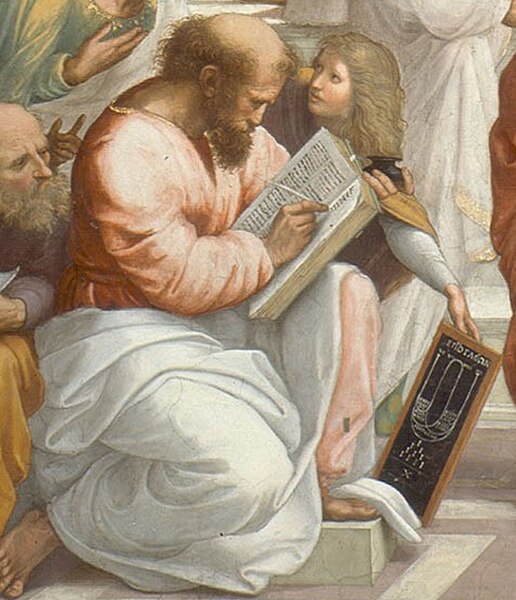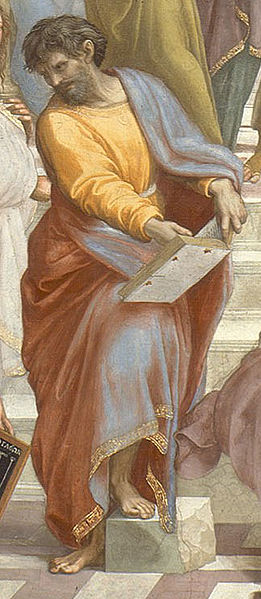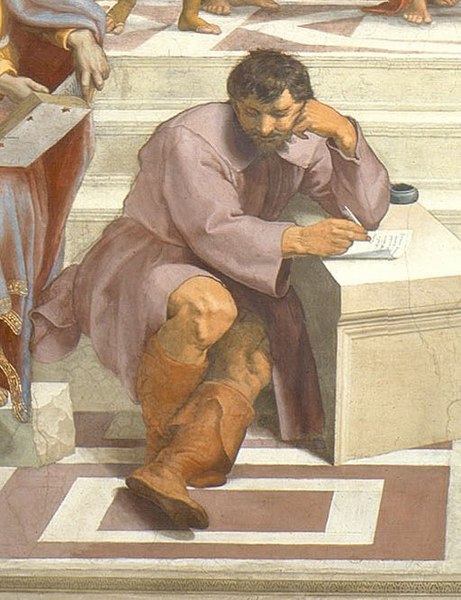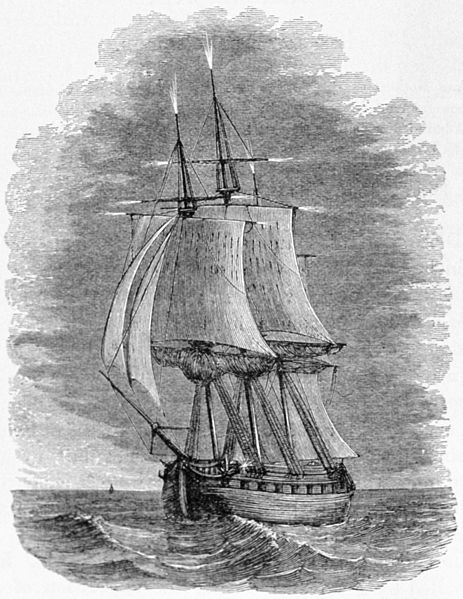Zeno of Elea was a pre-Socratic Greek philosopher. He was a student of Parmenides and one of the Eleatics. Born in Elea, Zeno defended his instructor's belief in monism, the idea that only one single entity exists that makes up all of reality. He rejected the existence of space, time, and motion. To disprove these concepts, he developed a series of paradoxes to demonstrate why these are impossible. Though his original writings are lost, subsequent descriptions by Plato, Aristotle, Diogenes Laertius, and Simplicius of Cilicia have allowed study of his ideas.
Portrait of Zeno of Elea by Jan de Bisschop (1628–1671)
Zeno shows the Doors to Truth and Falsity (Veritas et Falsitas). Fresco in the Library of El Escorial, Madrid.
Pre-Socratic philosophy, also known as Early Greek Philosophy, is ancient Greek philosophy before Socrates. Pre-Socratic philosophers were mostly interested in cosmology, the beginning and the substance of the universe, but the inquiries of these early philosophers spanned the workings of the natural world as well as human society, ethics, and religion. They sought explanations based on natural law rather than the actions of gods. Their work and writing has been almost entirely lost. Knowledge of their views comes from testimonia, i.e. later authors' discussions of the work of pre-Socratics. Philosophy found fertile ground in the ancient Greek world because of the close ties with neighboring civilizations and the rise of autonomous civil entities, poleis.
Pythagoras
Parmenides
Heraclitus
St. Elmo's fire (luminous plasma created by a corona discharge from a rod-like object) in a ship. Xenophanes' contemporaries attributed this phenomenon to the deity Dioscuri. Xenophanes argued that the observed illumination is due to small clouds influenced by special circumstances relating to stars—an example of naturalism and reductionism.






